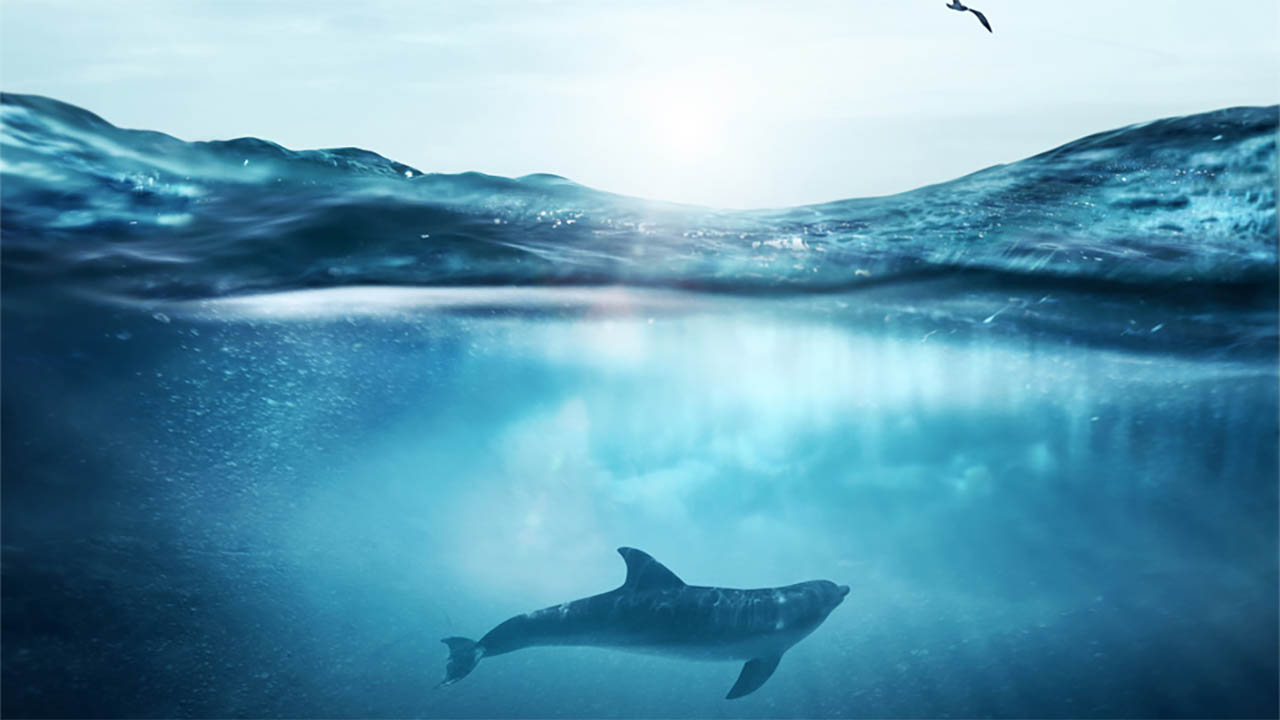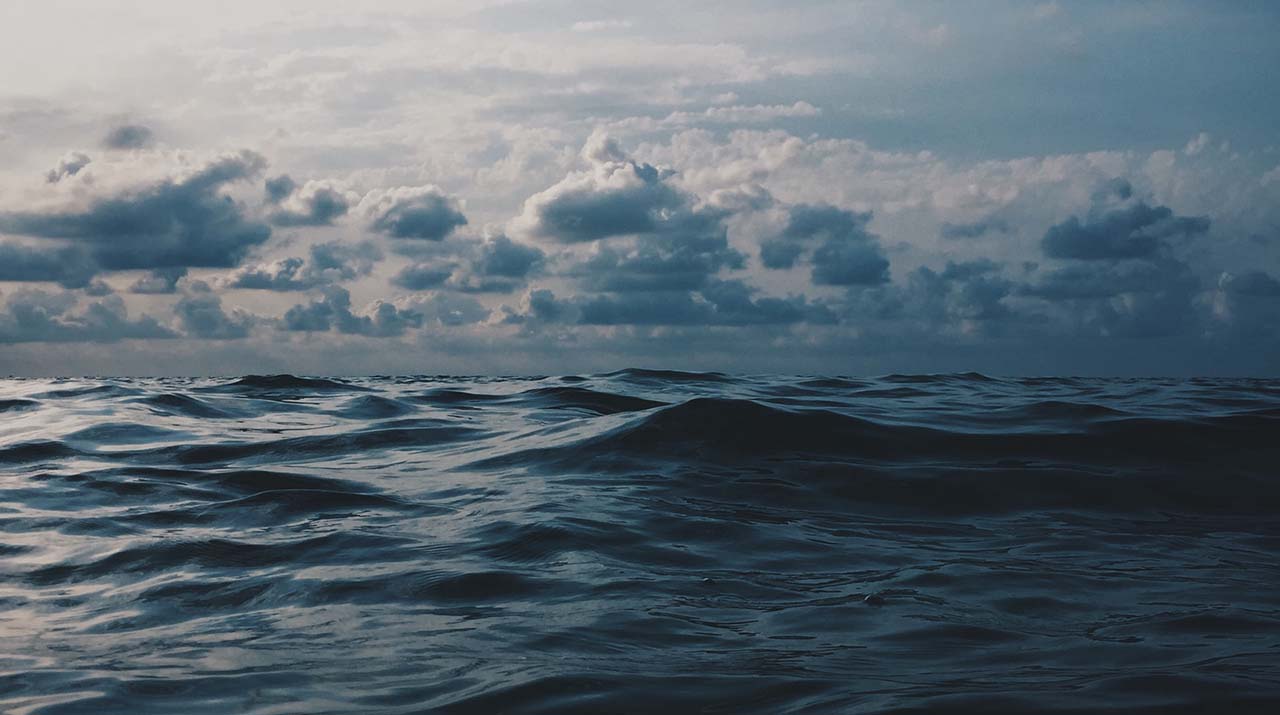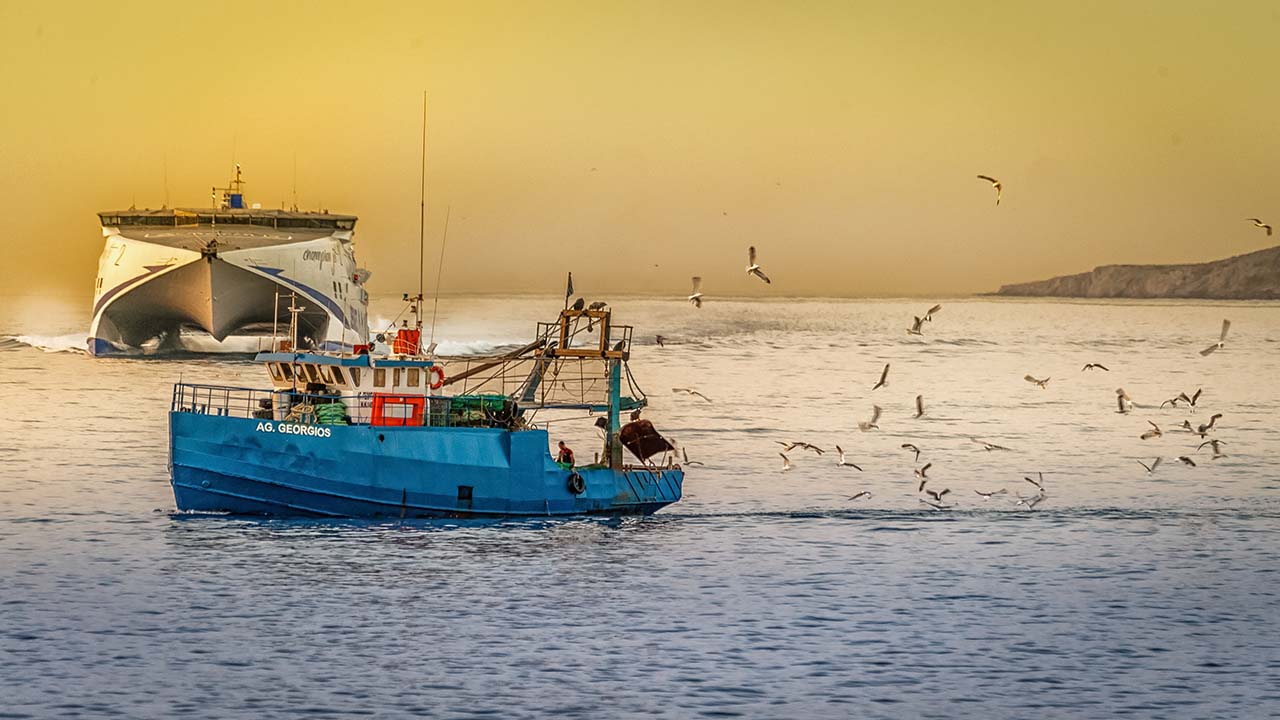
The High Seas, officially referred to as Areas Beyond National Jurisdiction, cover about half of the Earth’s surface. Outside the control of any single country, international efforts are needed to protect them, their resources and marine ecosystems.
Publication

Factsheet for Parliamentarians: United Nations High Seas Treaty: An Historic Agreement to Protect the Ocean
The high seas, also referred to as international waters, begin 200 nautical miles from shorelines and belong to all people as the common heritage of humankind.
Description
The high seas, also referred to as international waters, begin 200 nautical miles from shorelines and belong to all people as the common heritage of humankind. These areas are not included in exclusive economic zones, territorial sea, internal waters, or archipelagic waters of a State.
Covering 43 percent of Earth’s surface with life-sustaining rich biodiversity, the high seas belonging to all people are areas beyond national jurisdiction (ABNJ) and therefore have lacked dedicated management or protection. Less than 1 percent of the high seas are fully or highly protected.
The urgent need to protect the high seas is, in fact, the need to protect the human right of all people to a safe, healthy and sustainable environment, amongst other associated human rights.
PDF(s)
Additional Details
- Publication Type: Factsheet
- Publication Date: 2023
- Author(s): Parliamentarians for Global Action




